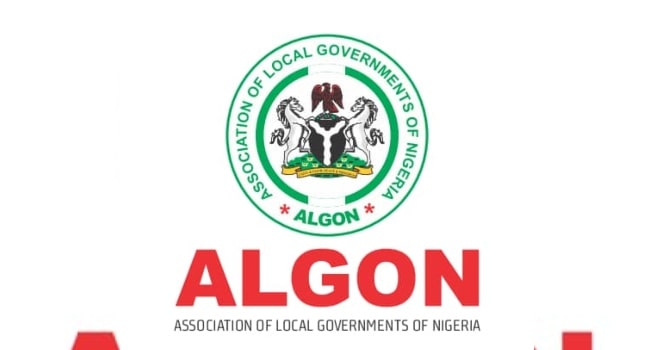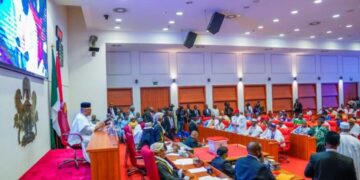The 774 local governments in Nigeria are required to open dedicated accounts with the Central Bank of Nigeria (CBN) to facilitate the direct disbursement of allocations from the Federation Account, according to the Association of Local Governments of Nigeria (ALGON).
National President Bello Lawal Yandaki explained that opening these accounts is crucial for the implementation of the Supreme Court ruling on direct allocations to the councils. He added that the CBN is awaiting the Federal Government’s directive to proceed with the account openings.
Additionally, the Nigerian Financial Intelligence Unit (NFIU) will oversee the proper use of the funds by the local government chairmen, ensuring compliance with principles of transparency, accountability, and good governance, according to a source.
The Federal Government has also formed a team of anti-corruption agents from the Independent Corrupt Practices and Other Related Offences Commission (ICPC) and the Economic and Financial Crimes Commission (EFCC) to prosecute any council chairmen or officials involved in corrupt practices.
Speaking with reporters in Katsina, the capital of Katsina State, Yandaki reassured that there was no need for concern over the delay in fund disbursements. He attributed the delay to local governments’ failure to submit the necessary bank details to the Federation Accounts and Allocations Committee (FAAC) for processing payments.
He said: “The CBN is presently awaiting directives from the Federal Government to open local government accounts for the respective states, which can be done between 24 and 48 hours for each.’
“I am a member of the sub-committee that was set up to trash out contentious grey areas, and we have already met relevant stakeholders, including labour unions, local government chairmen, NULGE, and so on.
“There’s a general agreement that the commencement of direct federal revenue allocations to LGs will be this January.
“Hopefully, we are just rounding off meetings and making submissions to the Federal Government for implantation and there’s no set timeline.’’
A source present at the FAAC meeting at the weekend also said: “The structures are yet to be erected. The LGAs have to be coordinated.
“Those that have opened an account with the CBN did not submit their details to FAAC for crediting, resulting in the delay.”
During the January FAAC meeting, N361.754 billion was allocated to the LGAs.
However, the funds remain undistributed due to these administrative bottlenecks.
FAAC officials have urged the councils to resolve these issues before the month’s end to ensure they receive their allocations.
The Federal Government’s decision to channel funds directly to the local government followed the Supreme Court’s ruling affirming the autonomy of the councils.
However, although the apex court ruling mandates direct allocation of funds to councils, thereby bypassing state governments, there have been concerns about compliance.
An example is Anambra State where a state law provides that local government funds can only be disbursed through a joint state/local government account.
According to the source, the Federal Government constituted the anti-corruption team to monitor the accounts of the councils in a bid to prevent illegal diversion by governors and ensure financial accountability and autonomy at the grassroots level.
Shedding light on the stringent measures to track financial activities across the councils, he added: “If any local government chairman does anything untoward, people will know, and he may be invited by the anti-corruption agencies to answer for it.”
The source noted that council chairmen should now take full responsibility for their financial operations.
He said: “Local government chairmen should know that because monies are going directly to them, they have no excuse to say the governor has diverted their funds.
“They should be careful and know they will be held responsible.”
He warned that any chairman found transferring bulk funds back to state governors would face the consequences.
The source added: “If a chairman disposes of the money in bulk to the state government, of course, he will have to answer for it.
“Anti-corruption agencies are closely monitoring these transactions to ensure compliance.
“If LGA monies are tied to the joint account in violation of the law, the anti-corruption agencies, especially the ICPC, will intervene.
“After LGAs receive their funds, if they choose to transfer it to the state government, that’s their decision.
“However, if this violates the law, the anti-corruption team will act accordingly.”
The source expressed confidence that these measures would strengthen financial transparency and improve service delivery at the grassroots level.
“This initiative is a game-changer. It not only protects local government allocations but also holds chairmen accountable for their financial decisions.
“This is a step in the right direction for Nigeria’s democracy,” the source said.







